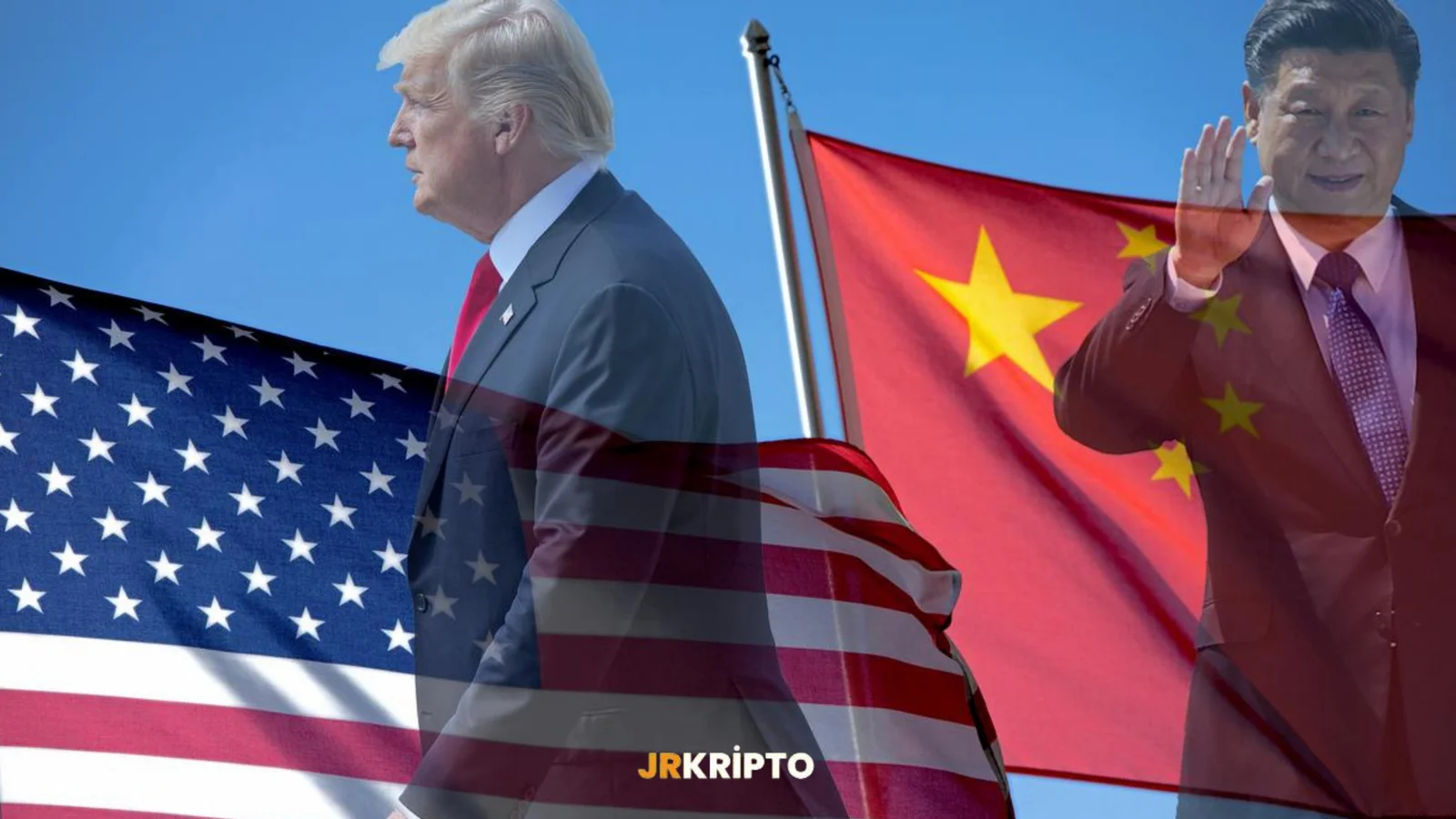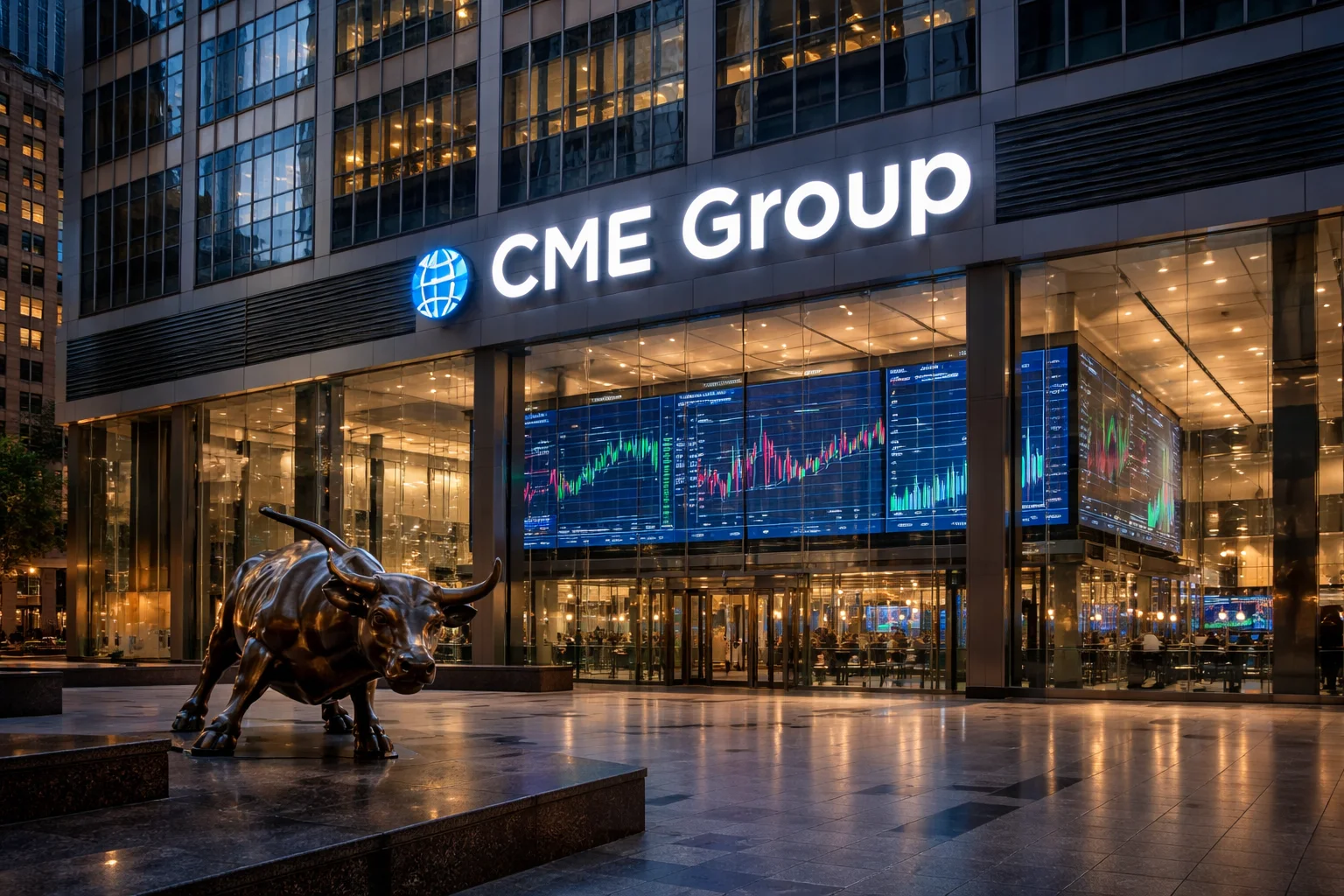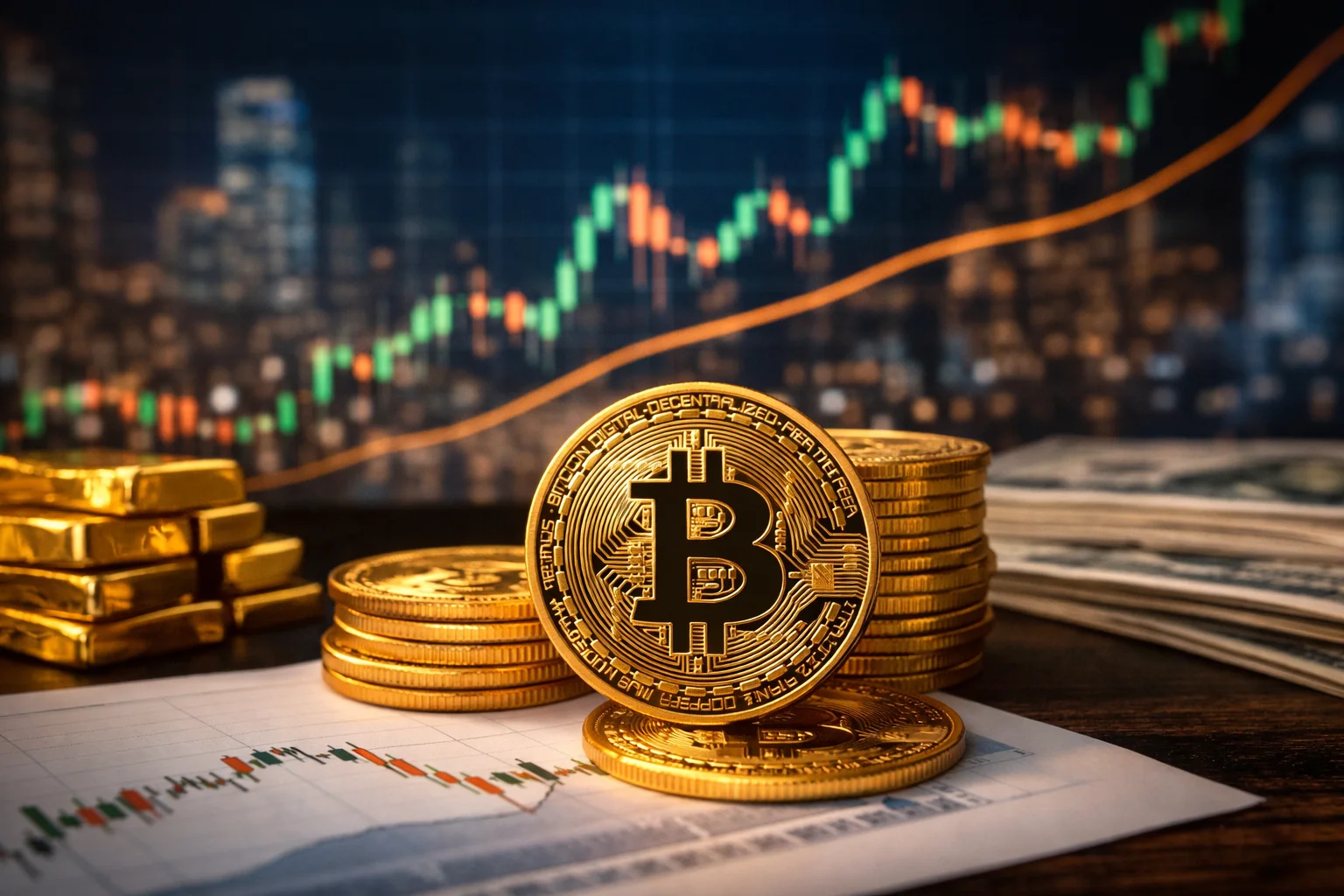The long-running trade war between the United States and China has reached a new flashpoint in the spring of 2025. Following U.S. President Donald Trump’s decision to raise tariffs on Chinese goods to a staggering 145%, Beijing has responded with retaliatory measures. As of April 12, 2025, China announced it will increase tariffs on U.S. imports to 125%.
A New Wave of Tension Between Two Global Powers
Last week, President Trump accused China of continuing to "exploit" the U.S. economy and announced sweeping tariff hikes. The newly announced 125% tariff, when combined with an earlier 20% penalty tied to fentanyl-related imports, brings the total tariff burden to 145%.
In a statement on social media, Trump said, “Hopefully China will now realize that exploiting the United States and other nations is unsustainable.” He also noted that additional tariffs on other countries have been temporarily suspended for 90 days, during which over 75 countries have reportedly entered talks for new trade deals with the U.S.
China Hits Back: “These Policies Lack Economic Credibility”
China wasted no time in issuing a forceful response. The Ministry of Finance criticized Washington’s actions, stating that such trade moves are “economically irrational” and “will be remembered as a joke in the history books.”
The Chinese Ministry of Commerce confirmed the tariff increase on U.S. goods from 84% to 125%, effective April 12. The official statement warned, “If the U.S. continues to blatantly violate China’s interests, we will not hesitate to take stronger measures.”
President Xi Jinping: “China Will Not Bow—Our Strength Comes from Within”
Speaking publicly for the first time on the issue, Chinese President Xi Jinping addressed the trade dispute during a meeting with Spanish Prime Minister Pedro Sánchez. “China has never relied on the mercy of other nations. The more pressure we face, the stronger we become,” Xi said. He also called on the European Union to unite in defending global economic stability and resisting unilateral coercion.
How Are Global Markets Reacting?
Although Asian markets initially responded with optimism, financial experts warn that prolonged trade tensions could significantly increase the risk of a global recession.
Turkish President Recep Tayyip Erdoğan also weighed in with a striking statement: “A storm is coming that will affect everyone, large or small. The deeply rooted global system is cracking at its core,” he said, highlighting the potential for widespread economic disruption.
Are We Entering a New Era of Global Trade?
The U.S.-China trade conflict has clearly entered a new phase. These escalating measures are not just about economics—they’re reshaping international alliances, diplomatic relations, and global market dynamics.
While the future of this economic showdown remains uncertain, one thing is clear: this trade war may play a defining role in the future of the global economy.




